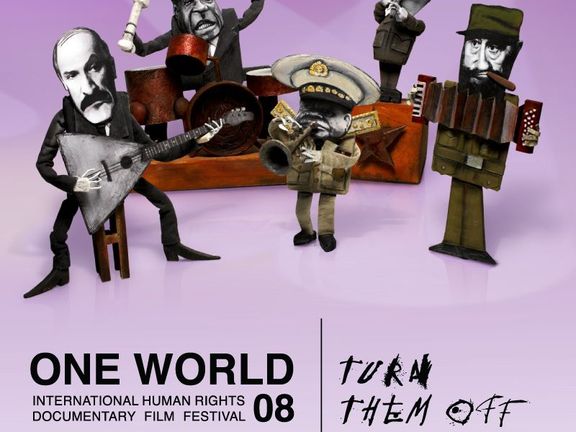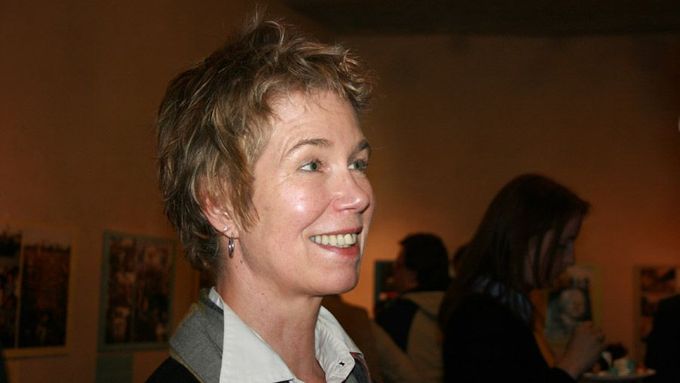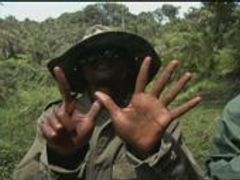
Prague - Instead of protecting them, they rape them. Instead of helping them, they mutilate them and steal anything they can from them.
American film-director and editor Lisa F. Jackson travels to the Democratic Republic of Congo, a country torn by a decade long civil war where armed militias commit the most horrific crime upon their own women.
The film - The Greatest Silence: Rape in the Congo, which opened this year´s festival, examines a phenomenon of rape and mutilation of Congolese women by government troops and rebel militia.
Winner of a special jury prize at Sundance last year, Jackson takes on this tough subject most sensitively and with empathy, drawing a parallel to her own story of rape.
Jackson was gang-raped 30 years ago in Washington, D.C., which helps to open the door to the women's souls. They keep asking Lisa about the war in her own country, thinking rape is something everybody uses only as a weapon. Like the men in their country.
Solo-woman police unit
"He who rapes a woman rapes an entire nation," says a policewoman at one point of the film. She is the only person in the whole country in charge of the "sex crime police" unit. Her words cannot be more accurate.
The policewoman's accusation of attacking the whole nation comes into focus once we see what happens after a woman is raped - she is shunned by her family, including her husband, by the entire village, which she has eventually to leave.
She cannot feed the children that she has to take with her. They are often recruited as child soldiers. Out in the jungle, on her own, with no protection from her family, she again becomes an easy target for the rapists.
Banality of evil
Jackson delicately unravels the war context of the rapes, having managed to talk to the rapists themselves. And that is when the most desperate moment comes.
To the European mindset, the blunt openness and lack of shame the soldiers show is mind-boggling and shocking.
The soldiers´ motives are largely a mix of superstitition and frustration from spending too much time in the wild with no basic living conditions and women companionship. Too much of exposure to violence in past with no prospect to having a normal life comes to play a role too.
The soldiers´ total lack of understanding of the effects of their deeds upon a human being evokes Hannah Arendt's "banality of evil".
There is hope
But despite all the atrocities talked about and seen in the film, there is hope, as Lisa F. Jackson says. It lies with the women who can be taught not to blame themselves through an adequate counseling, and with the world that can provide help in the form of pressure on the Congolese government to eliminate the impunity and the funds sent to the hospital that courageously but rather desperately rehabilitate the women.
After seeing the film, the One World director Igor Blaževič initiated a donation from the People in Need Foundation's Club of Friends which wll be sent to the hospital that attends to the rape victims. So far 500,000 CZK has been collected and with the help of the festival viewers, it an be even more.
The film is going to be screened today at 5 pm in the Světozor cinema venue. Lisa F. Jackson will be present at the screening and a discussion that will follow after the film.

